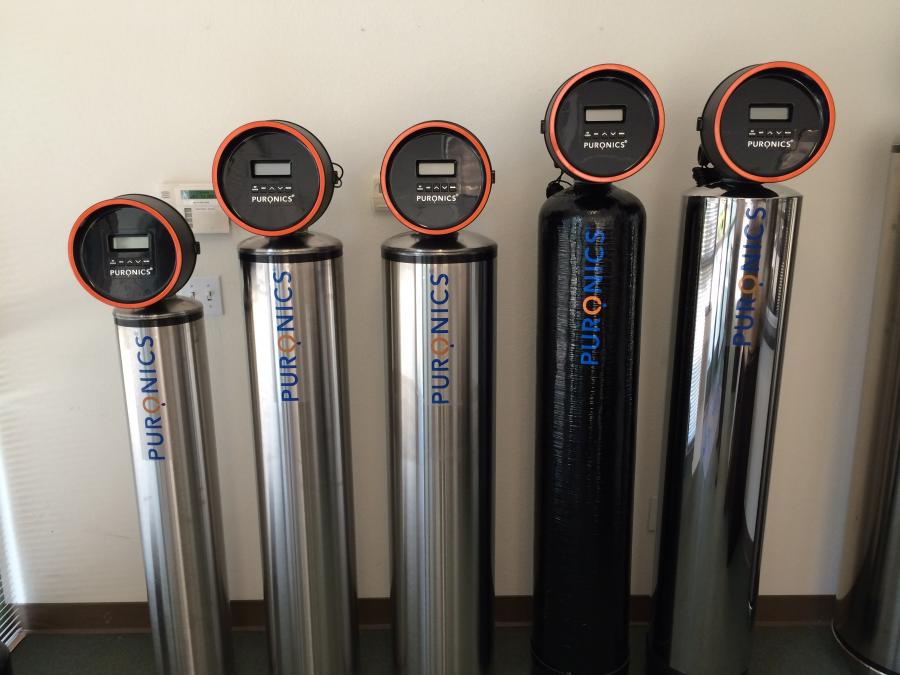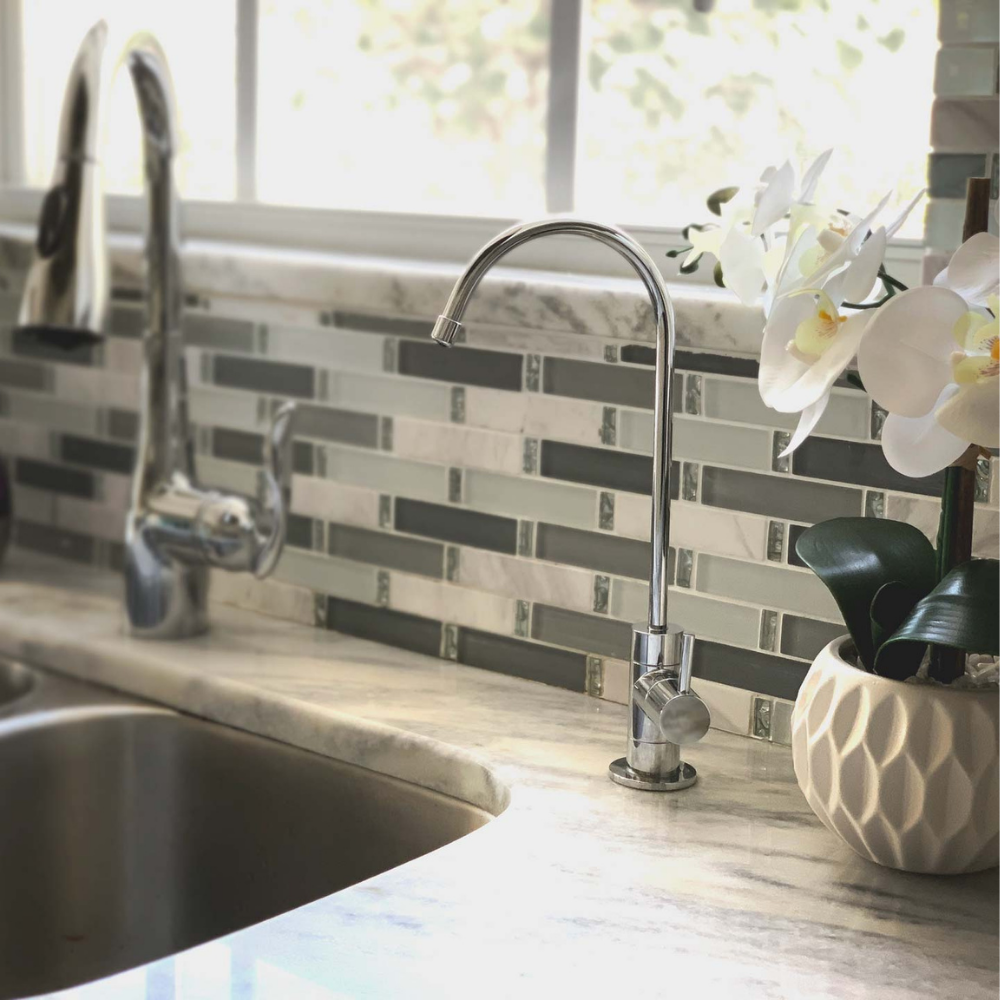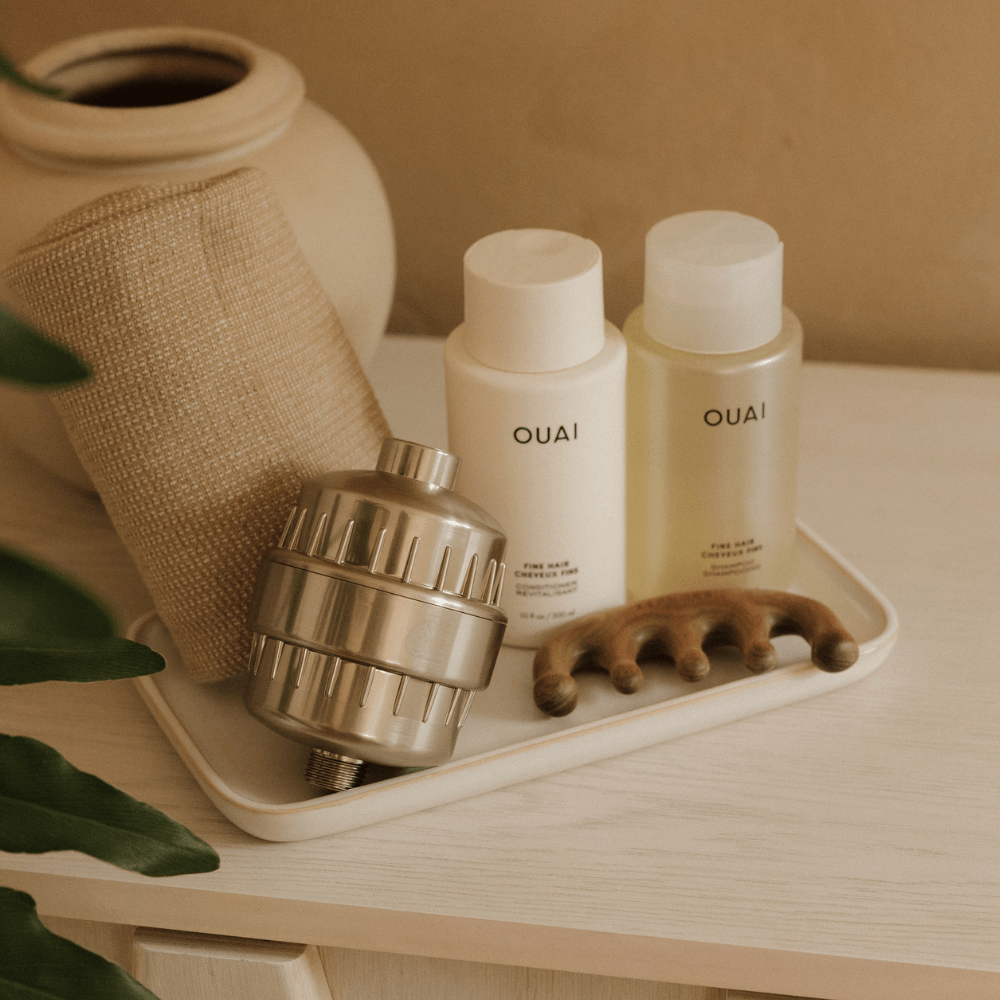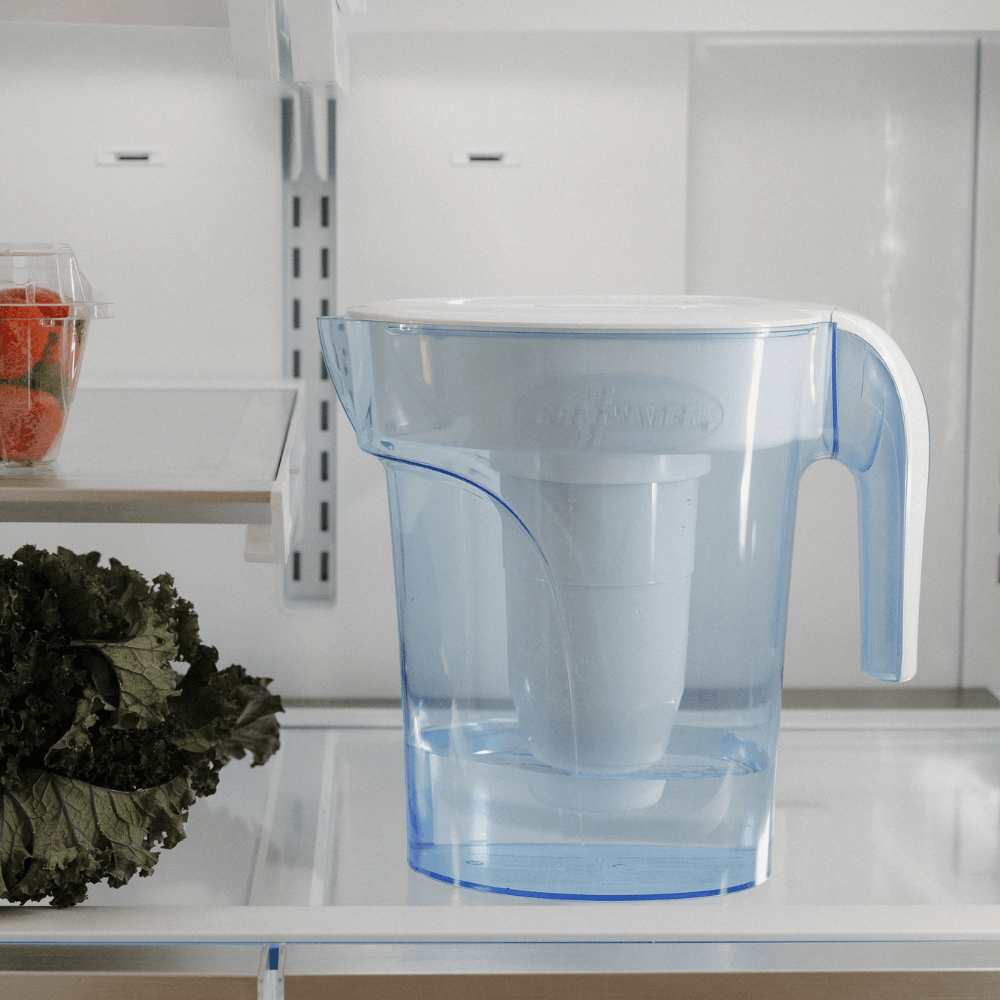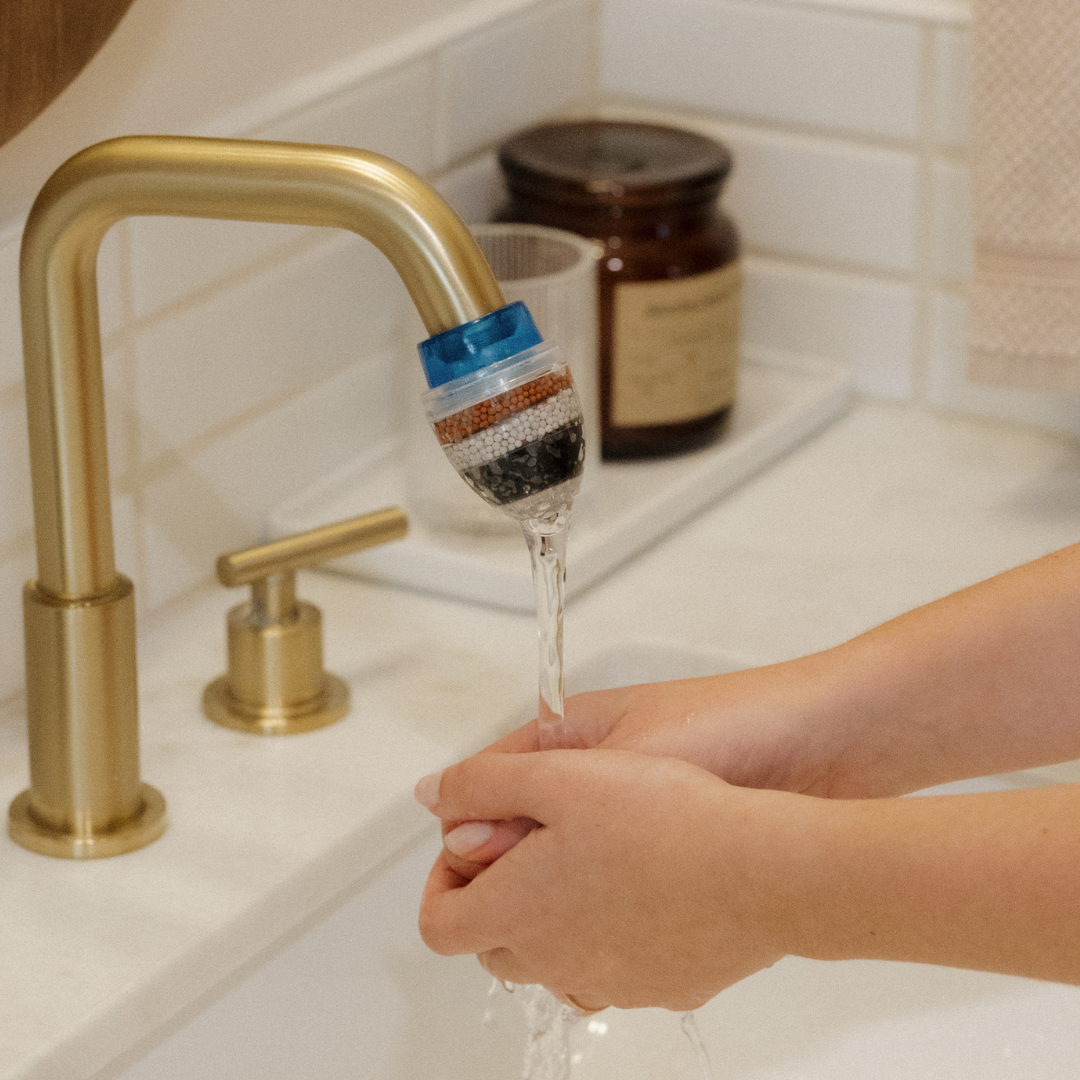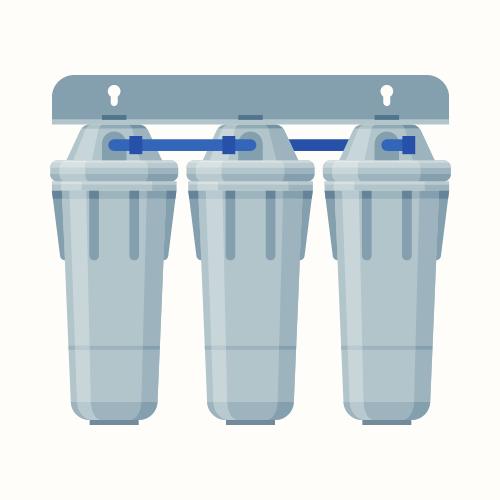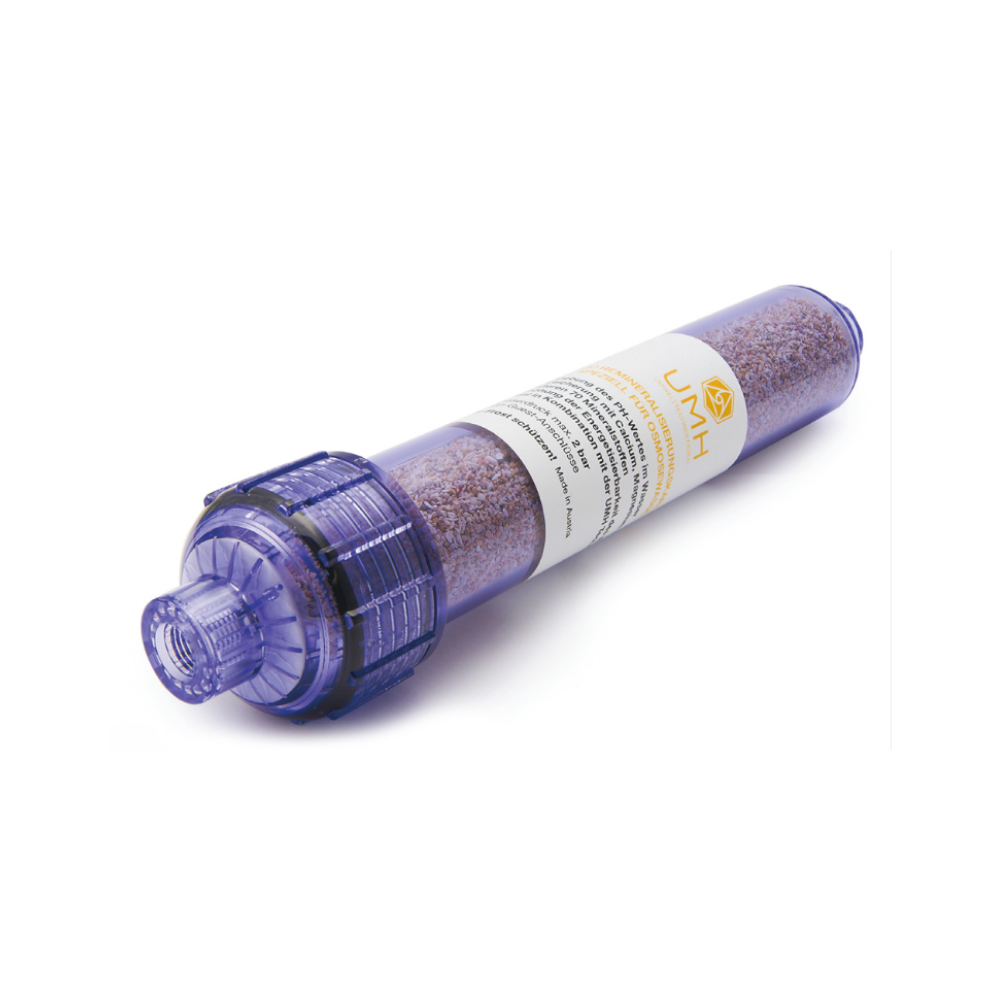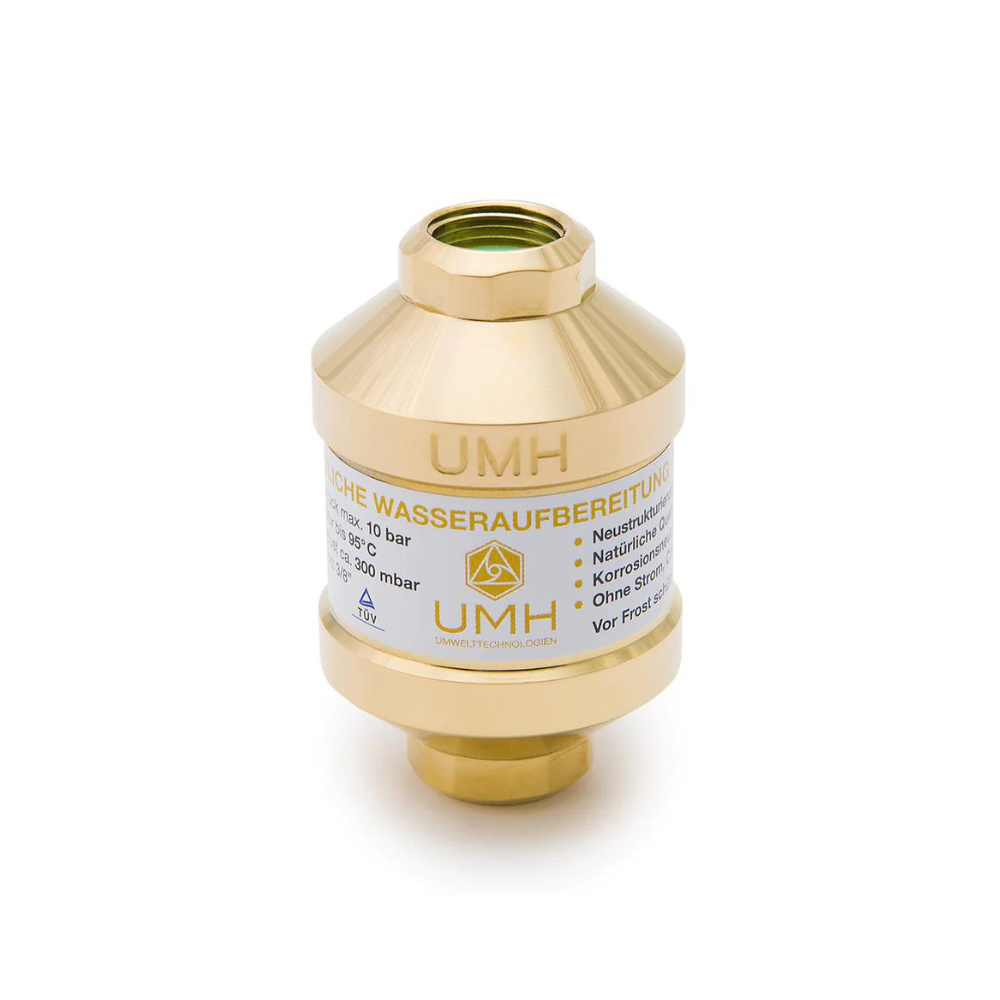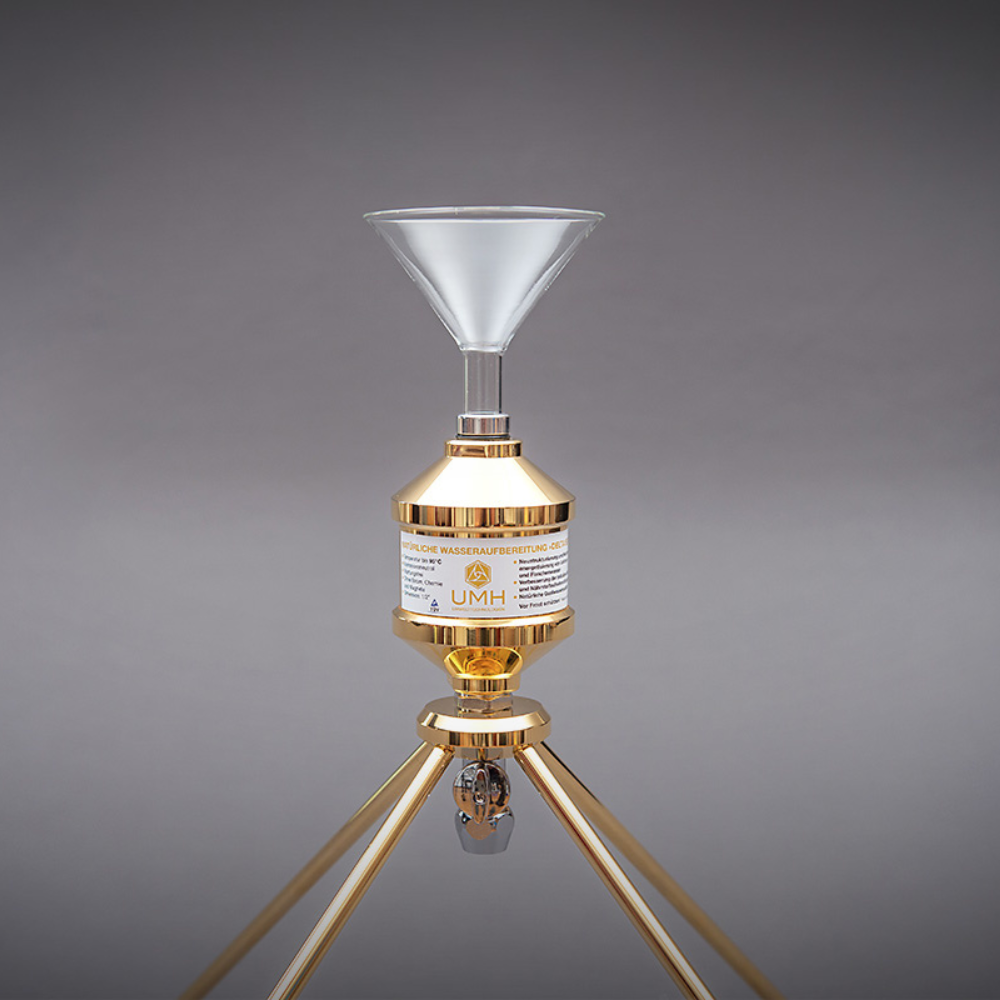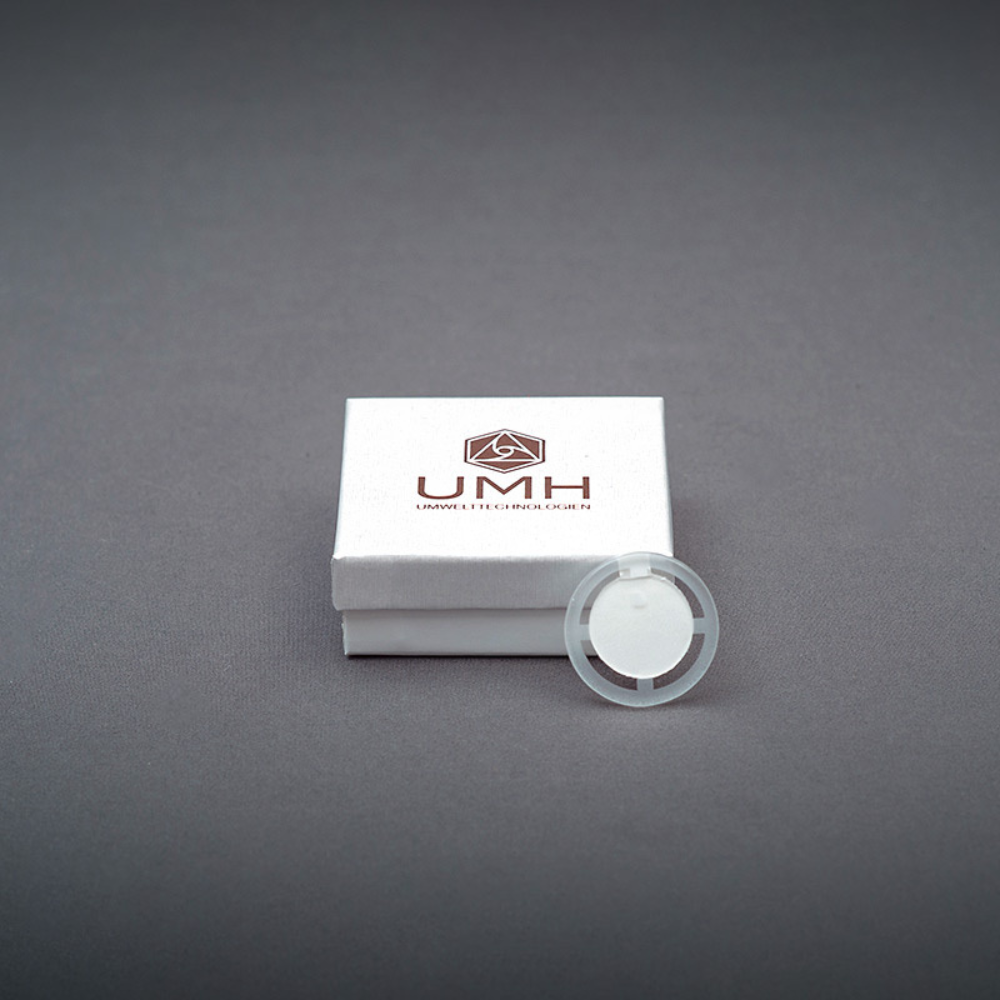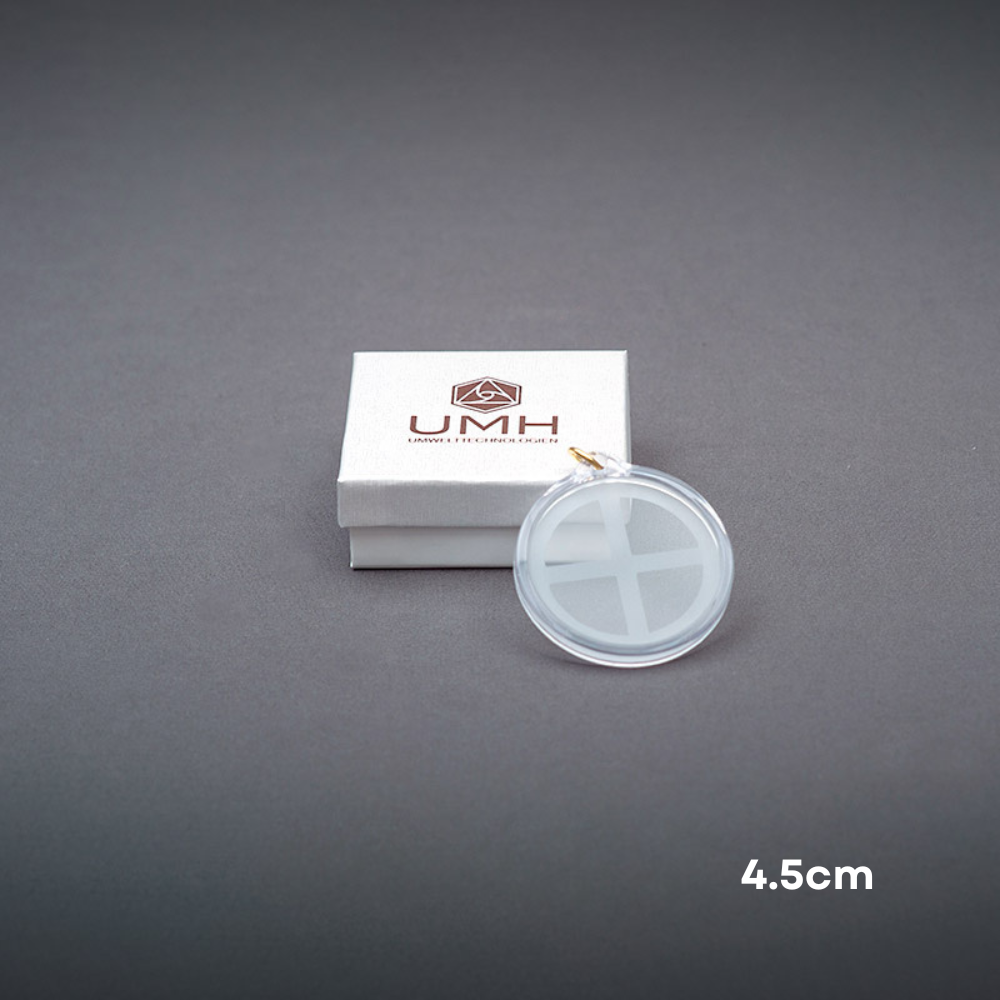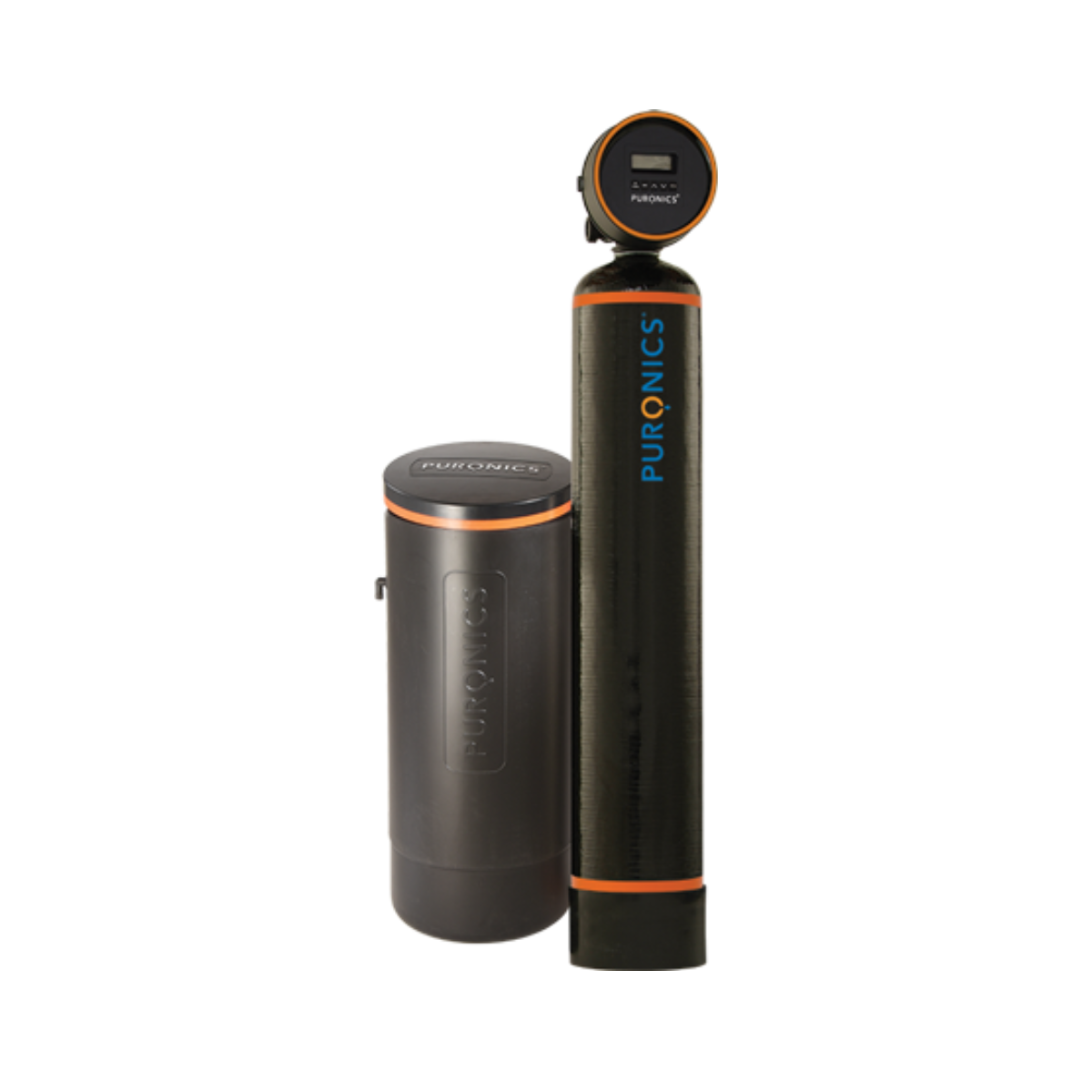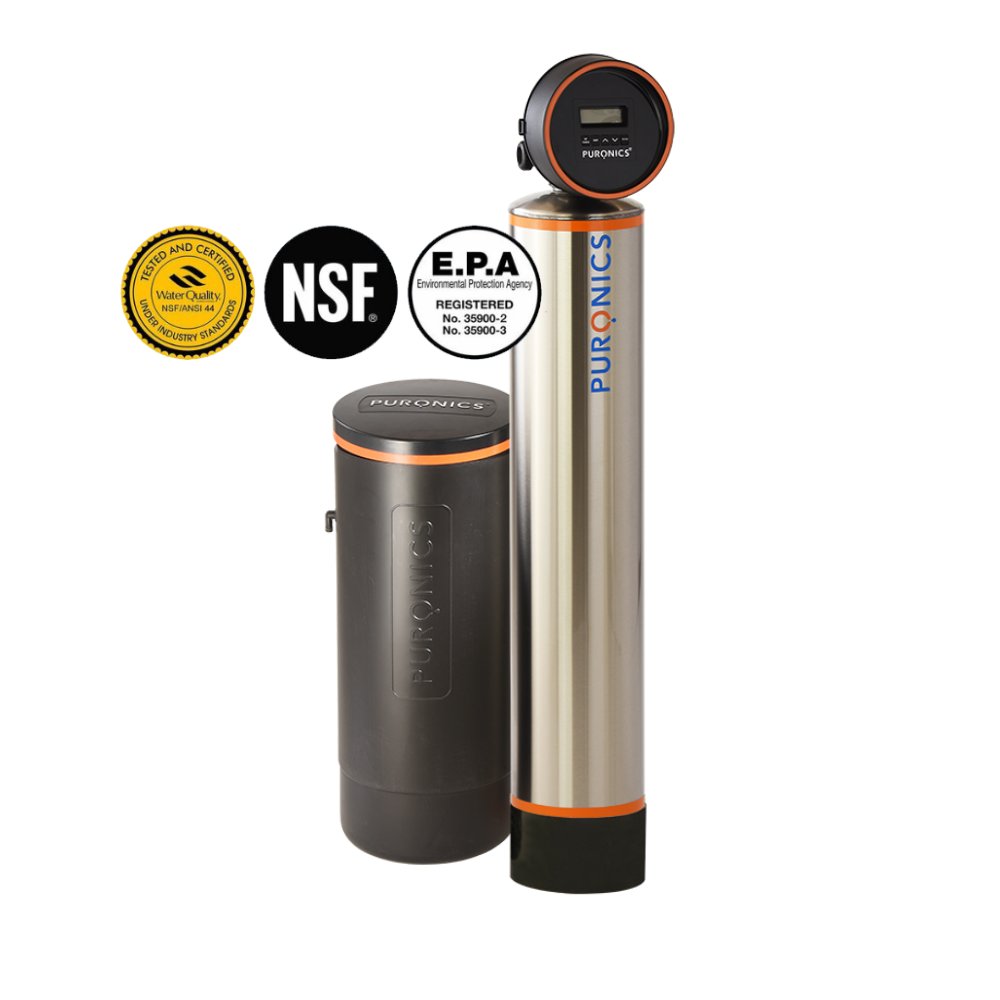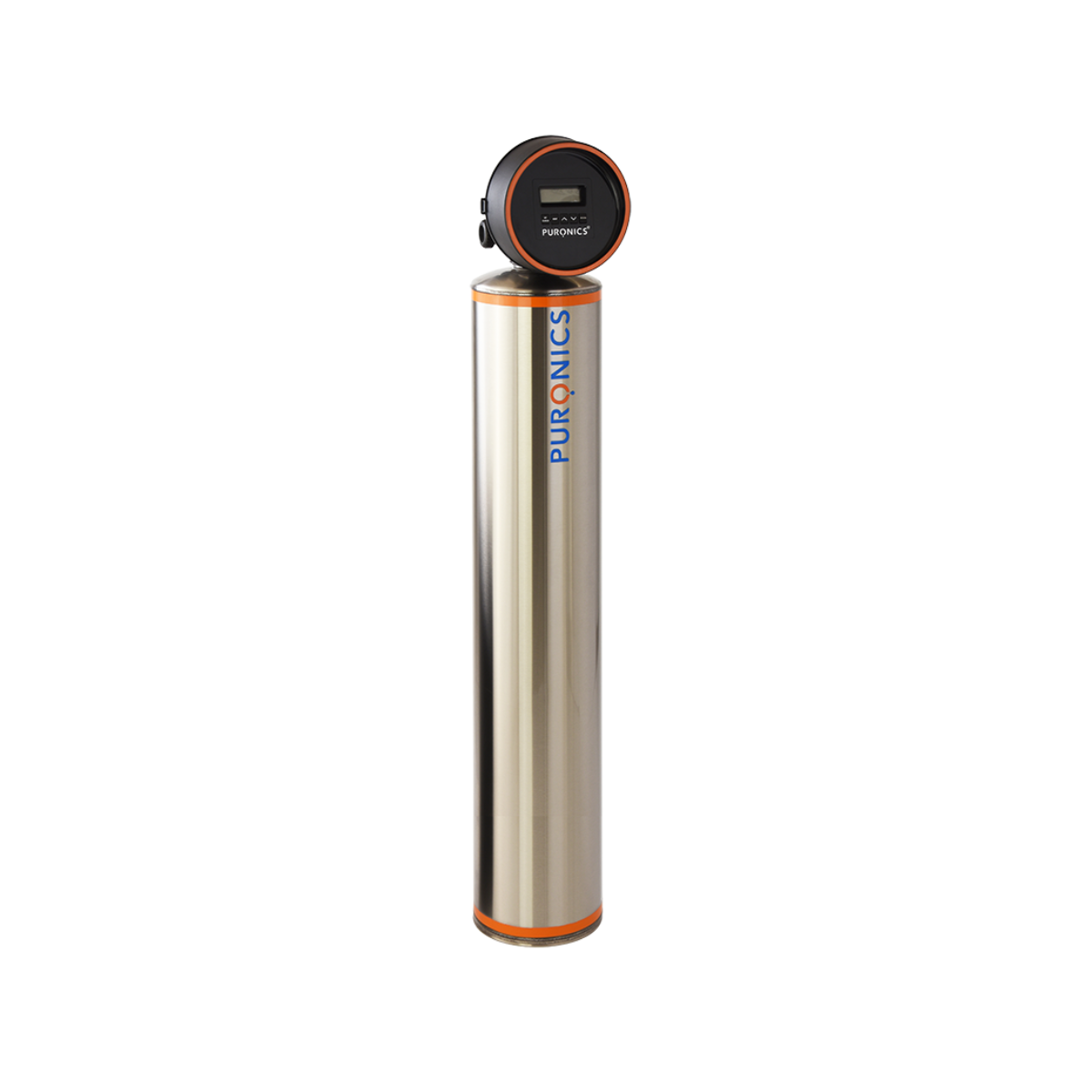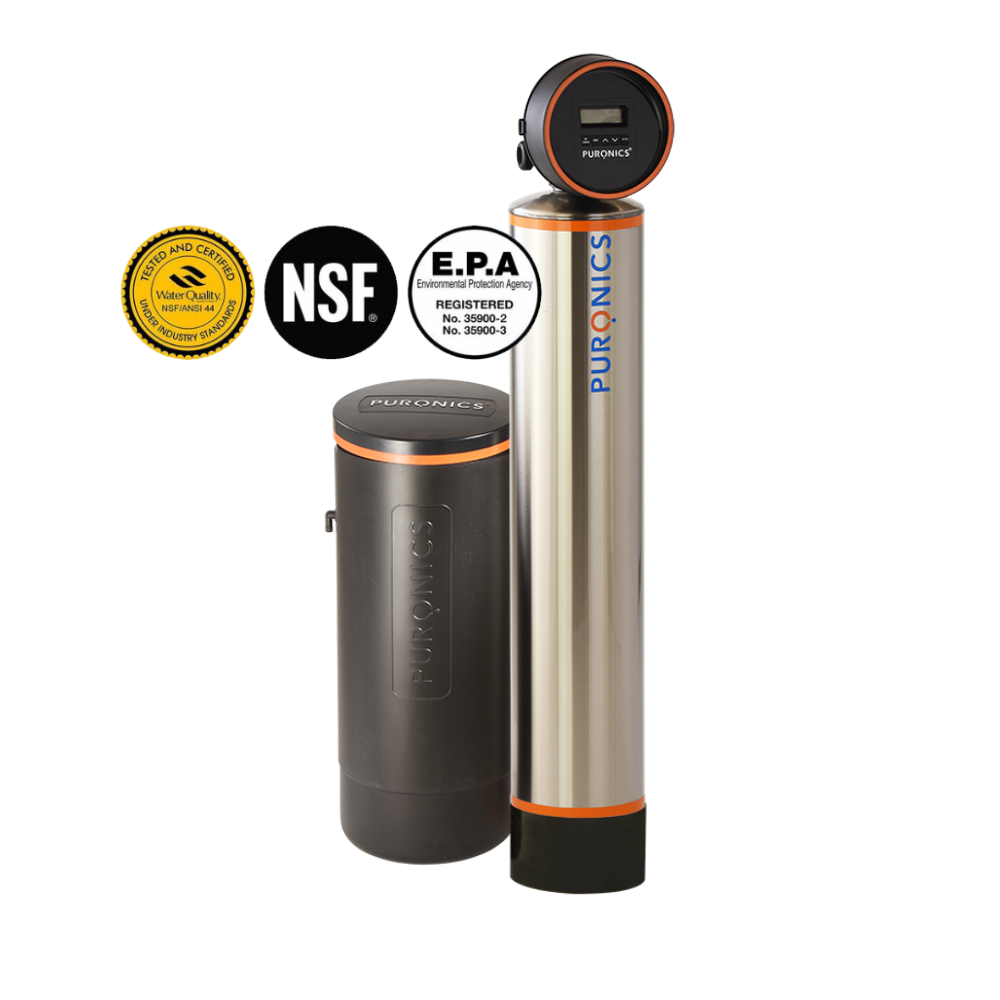Chlorine Levels Linked to Breast Cancer

In this day and age, virtually everyone has had some connection to cancer either themselves or to someone in their family. People are rarely aware of how often they put themselves in a position to get sick: many of the chemicals we come into contact with in our day-to-day lives are used to “improve” things – adding chemicals to produce to make them grow bigger, adding a floral, fresh scent to your home, or consuming processed foods for a quick meal. But as we’re discovering, so many of these chemicals are carcinogenic. A human carcinogen is a substance that creates a chemical reaction within the human body to create a cancerous cell – and we are discovering more and more carcinogens as we start to look into all of these “improvements” in our lives.

Breast cancer has now been linked to accumulated amounts of chloride compounds in the breast tissue. According to a study based in Hartford, Connecticut, women with breast cancer have 50-60% more chlorine by-products in their tissue than women without breast cancer.
Chlorine Byproducts
When chlorine is used to disinfect water, it can react with organic matter in the water, such as leaves, algae, or human waste. These reactions can lead to the formation of disinfection byproducts (DBPs), such as trihalomethanes (THMs) and haloacetic acids (HAAs). These DBPs have raised concerns because some studies suggest they might be associated with health risks, including an increased risk of cancer.
Chlorine and Breast Cancer
The potential link between chlorine exposure and breast cancer risk is not yet fully understood, and research in this area is ongoing. Here are some factors to consider:
-
Epidemiological Studies: Several epidemiological studies have explored the association between exposure to chlorinated water and breast cancer. Some of these studies have reported a positive association, suggesting that long-term exposure to chlorinated water might be linked to an increased risk of breast cancer. However, other studies have found no significant correlation.
-
Animal Studies: Animal studies have provided some evidence to suggest that exposure to chlorinated water or chlorine byproducts may have carcinogenic effects. These studies have shown that animals exposed to chlorine or its byproducts had an increased risk of developing tumors, including breast tumors.
-
Mechanisms of Action: The potential mechanisms through which chlorine or its byproducts might contribute to breast cancer are not yet well understood. Some researchers propose that these chemicals can disrupt hormone balance or cause DNA damage, both of which can be associated with cancer development.

THE SOLUTION
This is why water filters that remove chlorine are so important. The best way to ensure you minimize chronic chlorine exposure is through a Whole-Home Water filtration system. But we do know for those renting or living in condos with shared water sources, that is not always an option. That's why we have Shower Filters, Water Pitchers, and Faucet Filters that are easy to install and super affordable to combat this.
Chlorine is added to our water supply to kill bacteria, but at high levels with chronic exposure, this poses a health risk. Chlorine can enter the body through our pores, eyes, nose, ears, and mouth.
If you go for a swim in a chlorinated pool, you can feel the drying effects of the chemical on your skin and hair after you get out – now imagine a much more concentrated version of that but inside your body.
A whole home filter can remove toxins like chlorine from your water, not only for your drinking water but from every tap in your home. The more we dive into the chemicals in our running water that are considered safe, the more urgent it’s becoming to get these chemicals out of our homes. We offer filtration solutions for any home – condo, mobile home, apartment, or house; if it has running water, we have a solution for you. If you’re on the fence, consider getting your water tested: it’s free, and you can find out for yourself what’s in your water and make an informed decision.
Don’t wait for one of these health stories to hit too close to home – be proactive about your health and give yourself and your family some peace of mind.
0 comments

